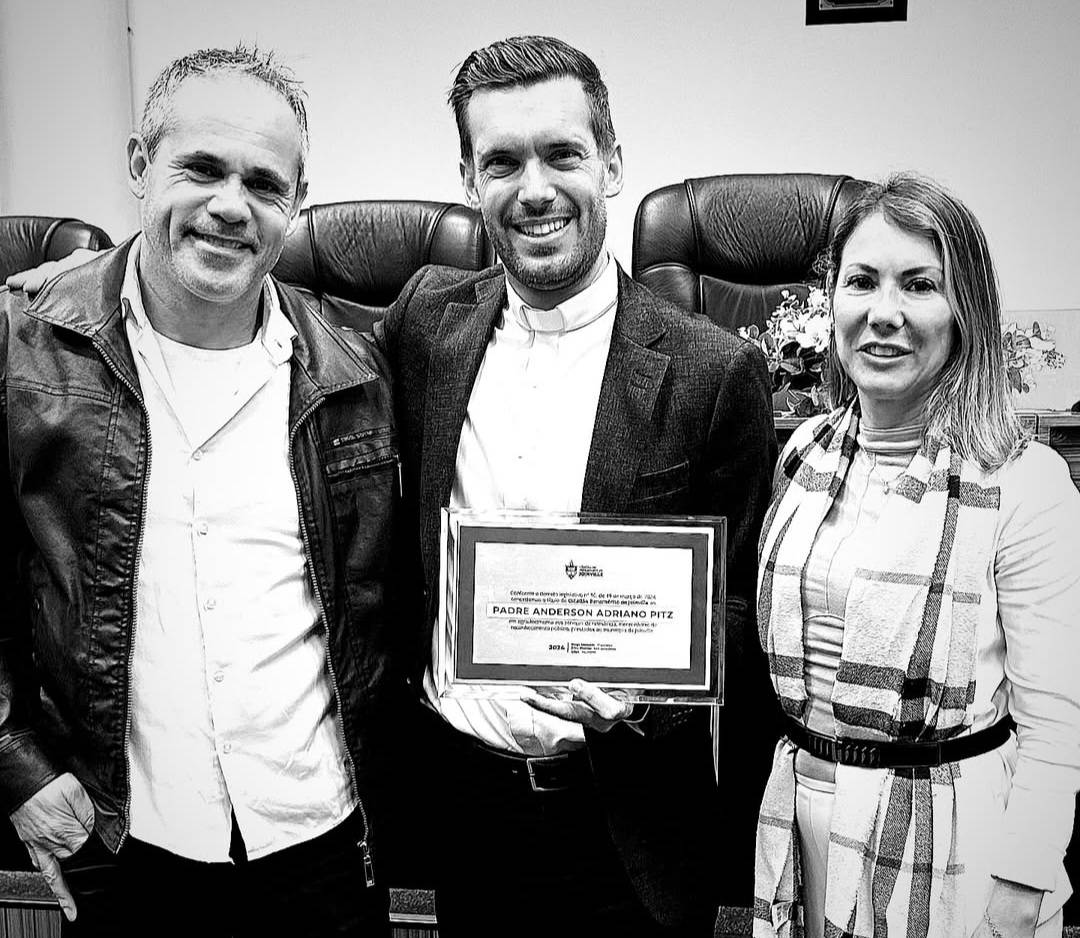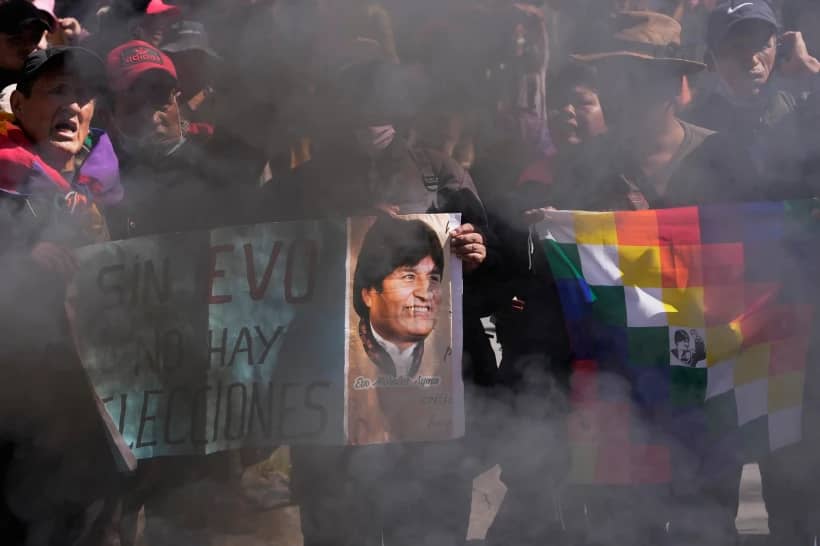ROME — In 1982, Argentina’s national rugby team went on a tour of South Africa and accomplished what at the time was unbelievable: They beat the Springboks on their home turf.
As memorable as that victory was at the time, it left an imprint on thousands that goes beyond temporary glory: It led to the discovery that faith and sports can coexist and be used for the greater good.
A key player of that team traveled while depressed and locked himself in his room for four days. Seeing their teammate’s pain, a group of Catholic players decided to gather in the hotel room next to his and pray for his recovery.
On the fifth day, he left the room and became the most valuable player for the Pumas, as the team is known, leading them to victory.
Upon their return to Argentina, the players decided that the mixing of their two passions, faith and rugby, shouldn’t end there, and soon after, the Christian Movement of Rugby People was born. Since 1983, thousands of players, coaches and their spouses have taken part in spiritual retreats – the core of the movement – started charitable enterprises, and tried to live a life strengthened by their Catholic faith.
One of the men who claims to have benefited from the movement is Agustin Pozzo, a player turned coach who has taken part in several of the retreats and today helps organize them in his city, Rosario, some 150 miles from the capital Buenos Aires.
After participating in the retreat, the men and women who take part are invited to meet regularly to support one another in their faith. Last year, during a meeting with a group who went through the retreat in 2018, Pozzo and others decided that the time had come to put their faith in action beyond the margins of their own “square foot,” as they refer to their families and work.
They set a high bar: Creating a rugby team for children with intellectual disabilities.
“We saw that there was a team for people with physical disabilities, there’s rugby in prisons, in slums and there’s even a group that, after participating in a retreat, decided to help patients of a local pediatric oncology ward take part in this great sport,” he told Crux earlier this month. “But there was nothing for people with downs syndrome, autism or other learning disabilities.”
They talked about it, prayed about it, and on Sept. 21, 2019, after organizing a retreat for rugby coaches, the first encounter of San Agustin took place. That first day, some 35 people – the youngest being 5, the oldest 37 – began to experience the rugby passion that has marked much of Pozzo’s life. By the time they interrupted their training due to Rosario’s scorching South American summer, there were 70 regulars, plus some 15 or 20 kids who attended sporadically.
Asked about the team’s eponymous namesake, Pozzo said that St. Augustine is the patron saint of the movement at a national level, but also a reminder that “no matter how much of a sinner you are, God is always calling you to holiness.”
When they resume their activities in mid-February, the group will continue to meet every Friday in Rosario’s city sports center, though some of the kids are already texting the team to ask about the next encounter.
“Sometimes, life throws you a curve, and you can’t avoid wondering ‘where is God in all this?’” Pozzo said. “Well, for all of us, it’s very easy to find him every Friday, to see the Holy Spirit at work. It might sound clichéd, but it’s true, when you give a grain of sand, you sometimes get a mountain back. That’s how we feel.”
The anecdotes – and challenges – he has collected in the 12 meetings the new rugby club has had so far could fill books. These include seeing a mother in tears during one of the first encounters. Worried that they had somehow hurt her child, Pozzo went to her and asked what was wrong.
“That kid who is laughing, he’s my son,” she told Pozzo, pointing towards one of the players. “He’s nine years old, has autism, and I never see him smile.”
Things such as this serve as motivators for the people behind San Agustin, who are constantly challenging themselves to make the experience better for the players. And they encourage them to dream big: There’s something called “mixed-ability rugby,” with national and international tournaments, in which players who have intellectual disabilities join others who don’t. San Agustin is hoping to participate in the national tournament in late 2020, and see the sky as the limit.
Of the coaching team, a majority has participated in the Christian Movement for Rugby People, but this is not the case for everyone. According to Pozzo, “God has his time, and I’m convinced, from personal experience, that eventually those who have to live the experience will do so and it will be at the right time for them to maximize this faith encounter.”
In Argentina, rugby is often seen as a sport for the elites, something Pozzo acknowledges is true, in the sense that “we are all if not financially comfortable, socially so.”
When it comes to San Agustin, this has been beneficial because in the group there’s always someone who knows the person they need to reach — from the head of the city’s largest health provider, who had medical professionals on hand during training sessions, to collecting money for buying rugby balls and other equipment.
Yet disabilities know no social class, so they have children from all backgrounds coming on Fridays to play: “There’s the mother who has to spend two hours in a bus to bring her child, to those who can afford to live in the city’s most exclusive gated community. And all of them found the same thing: A sense of belonging.”
Though not mandatory for either the coaches or the players, every training session begins with a prayer led by a priest who’s the spiritual father of the community the movement has in Rosario, and more often than not, the children who arrive in time join them in praying the Our Father, a Hail Mary and receive the priestly blessing.
“If we had tried to do this alone, it wouldn’t have worked,” Pozzo said, with an excitement that is hard to hide. “We are convinced that our faith is the engine that makes all of it possible.”
Follow Inés San Martín on Twitter: @inesanma
Crux is dedicated to smart, wired and independent reporting on the Vatican and worldwide Catholic Church. That kind of reporting doesn’t come cheap, and we need your support. You can help Crux by giving a small amount monthly, or with a onetime gift. Please remember, Crux is a for-profit organization, so contributions are not tax-deductible.
















